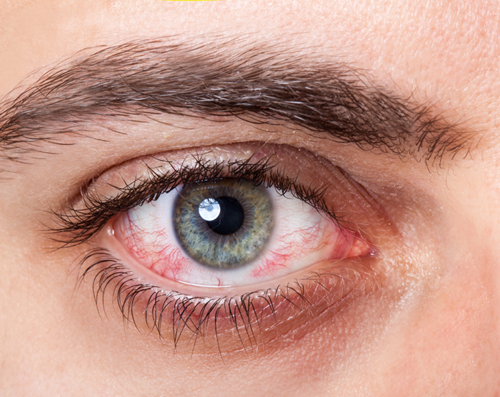Do you know your eyes
could be at risk?
The immediate effects that drinking alcohol can have on your body are well known – after two or three units of alcohol vision can become blurry and distorted, speech can become slurred, and body coordination can decrease heavily.
The long term effects of alcohol on the body can be even more dramatic, with regular heavy consumption of alcohol linked to the failure of a number of vital organs like the liver and heart.
However, drinking alcohol can have particularly dangerous implications for the well being of your eyes, both in the short term and long term.
Short Term Effects
Drinking alcohol slows the communication between the brain’s neurotransmitters, which means information cannot pass between the brain and the body as fluidly as when sober. This can lead to poor coordination in the eye muscles, which causes distorted or double vision.
Alcohol also decreases the reactions of the pupils, meaning that they cannot constrict or dilate correctly according to the levels of light surrounding them. This affects the ability of the eye to detect contrasts between different colours and shades, important in activities such as driving or playing sports. According to a study by Western University in Canada, alcohol can also reduce the eye’s capability of detecting differences between light and dark by 30%.
Other short term effects of alcohol consumption include sensitivity to light caused by migraines, bloodshot eyes caused by swollen blood vessels, and the twitching of the eyelid, known as myokymia. Another short term effect, as a study conducted by Hallym University College of Medicine has shown, dry eyes and disruptions to the ocular surface.

Long Term Damage
Whilst a single, substantial drinking session can affect your eyes and vision, these effects are often short lived and things return to normal once alcohol levels in the blood are reduced. However, the long term damage can be more serious with regards to eye health.
Heavy and consistent alcohol usage has been linked by multiple studies to increased cataract formation and age-related macular degeneration (AMD). Cataracts are cloudy patches that form on the eye lens that can cause blurred vision, and AMD is when damage to the retina results in the loss of vision in the centre of the eye.
The impact of alcoholism on the liver is commonly known, yet the way this can affect vision is perhaps generally less recognized. When the liver is damaged, the body has greater difficulty in absorbing vitamins, potentially causing a vitamin deficiency. A deficit of vitamin B-1 can cause eye muscle weakness or paralysis, whilst shortages in vitamin A cause poor night vision, corneal thinning or punctures, dry eyes and retinal damage.
Optic neuropathy is also a serious risk, says a study conducted by the British Journal of Ophthalmology, and involved a painless loss of vision stemming from drinking alcohol excessively. Complete and permanent loss of eyesight can also be called tobacco-alcohol amblyopia, or toxic amblyopia.
The continuous consumption of alcohol has been linked to a variety of eye-related problems, from short term effects like blurred vision or dry eyes to long term damage like cataracts and total blindness. Moderating alcohol intake could therefore be vital in maintaining good eye health. Find out more information about different eye conditions.

